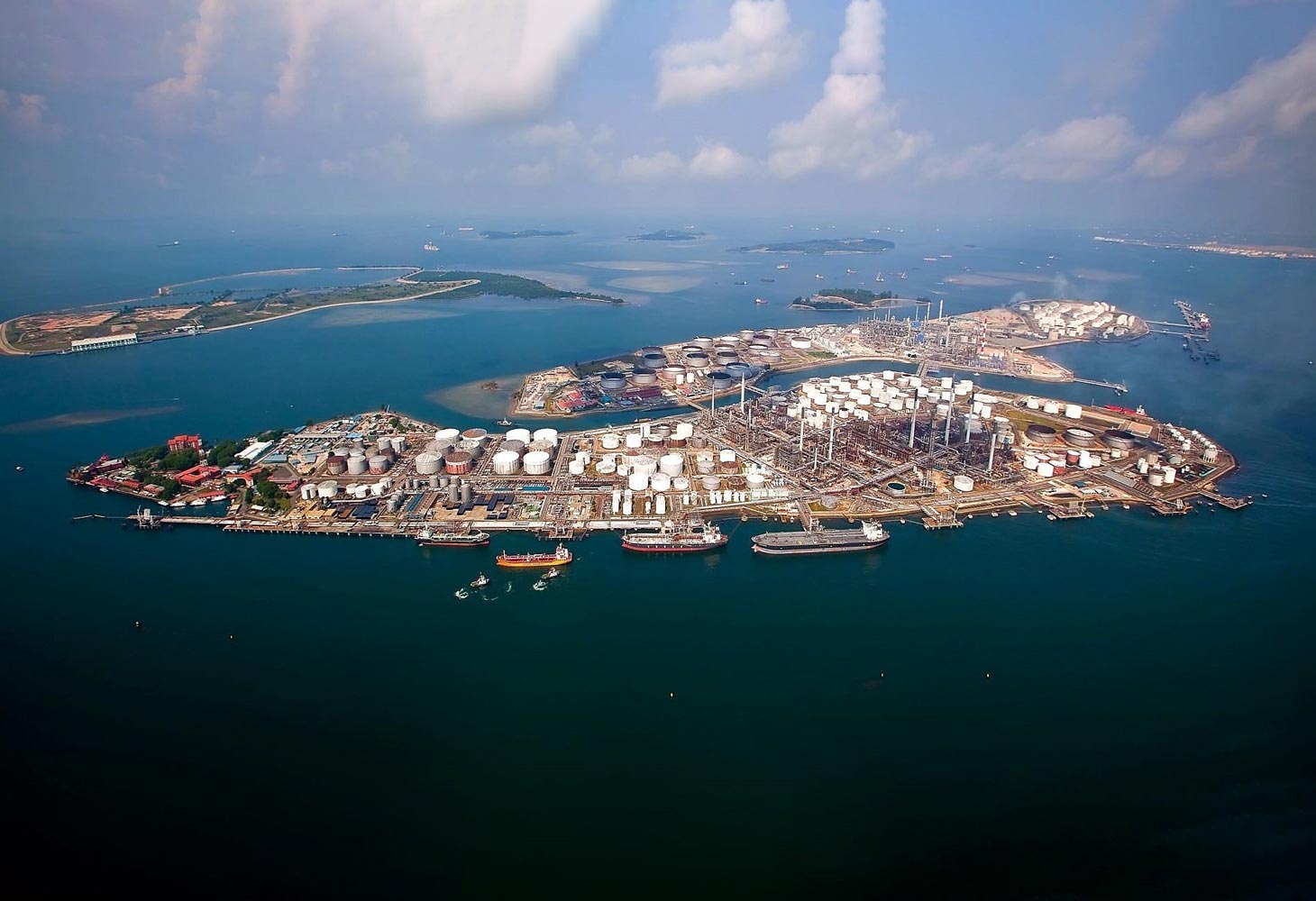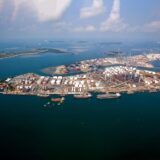
Shell Singapore to close Group I base oil refinery in July 2022
A Shell spokesperson confirmed that Shell will cease operations at its Group I base oil manufacturing plant within the Pulau Bukom manufacturing site in Singapore from July 2022.
“This decision is consistent with Shell’s intent to enhance the competitiveness of its lubricants business, base oils supply demand balance and the general global decline in Group I base oil demand,” the spokesperson said.
“Singapore is an important market for Shell and a strategic hub for our lubricant operations. We remain fully committed to base oils, process oils and waxes, and continue to support customers via a portfolio of Group I, II and Gas-To-Liquid (GTL) products as well as third-party supplies and alternative wax streams,” she added.
The Pulau Bukom Group I base oil refinery has a capacity of 360,000 tons per annum. After its shutdown in July 2022, Shell plans to reduce Pulau Bukom’s fuel refining capacity by half, to 250,000 barrels per day (bpd), as part of its shift to low-carbon fuel alternatives.
Last month, Shell Singapore announced a 10-year plan for how the company could make significant investments in people, assets and capabilities to repurpose its core business and aim to cut its own CO2 emissions here by about a third within a decade.
The announcement builds on Shell’s overarching ambition to be a net-zero emissions energy business by 2050 or sooner, in step with society and with customers.
“We welcome Singapore’s goal towards net zero emissions as a country. As a company which has had a long presence in this country, Shell Singapore has a key role to play in supporting the government’s ambitions. Today, our extensive presence in Singapore’s energy sector carries with it a carbon footprint. Our businesses in Singapore must evolve and transform, and we must act now if we are to achieve our ambition to thrive through the energy transition,” said Aw Kah Peng, chairman of Shell Companies in Singapore.
The Shell Singapore chairman said the company will accelerate this transition through three pillars:
- Repurpose our core by building on our strengths of an integrated business here and focus our manufacturing assets to provide more energy transition resilient products;
- Provide low-carbon solutions for customers in the sectors which are also important pillars of Singapore’s economy – power, mobility, shipping, aviation, trading; and
- Partner with key stakeholders to bring about sustainable change.
“We are transforming our manufacturing business, making it fit for the new future, where our Pulau Bukom Manufacturing Site will be one of Shell’s approximately six energy and chemicals parks. Bukom will pivot from a crude-oil, fuels-based product slate towards new, low-carbon value chains. We will reduce our crude processing capacity by about half and aim to deliver a significant reduction in CO2 emissions. Repurposing Bukom will not only involve significant changes in our refinery configuration, but also increased investments in our assets, and critically, in our people. A site-wide digitalisation programme that aims to transform the way we operate is already underway. Work has also commenced to study the production of products that are resilient to the energy transition, such as biofuels, and more specialities, like bitumen. We are also looking at the possibility of different future feedstocks that are based on greater circularity and renewable raw materials, such as recycled chemicals.”
Other lube-related decarbonisation efforts enumerated by the Shell Singapore chairman include expanding its solar footprint, including looking into utility-scale solar generation. Shell Singapore has already installed solar capacity at its Tuas lubricants plant, Pandan distribution terminal, and Seletar aviation site, with a capacity of more than 3 megawatt peak (MWp).









